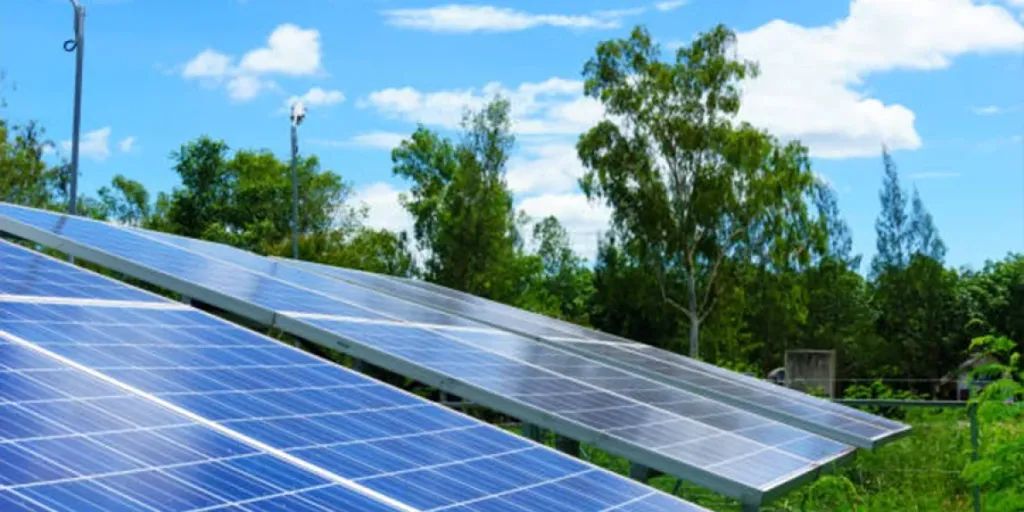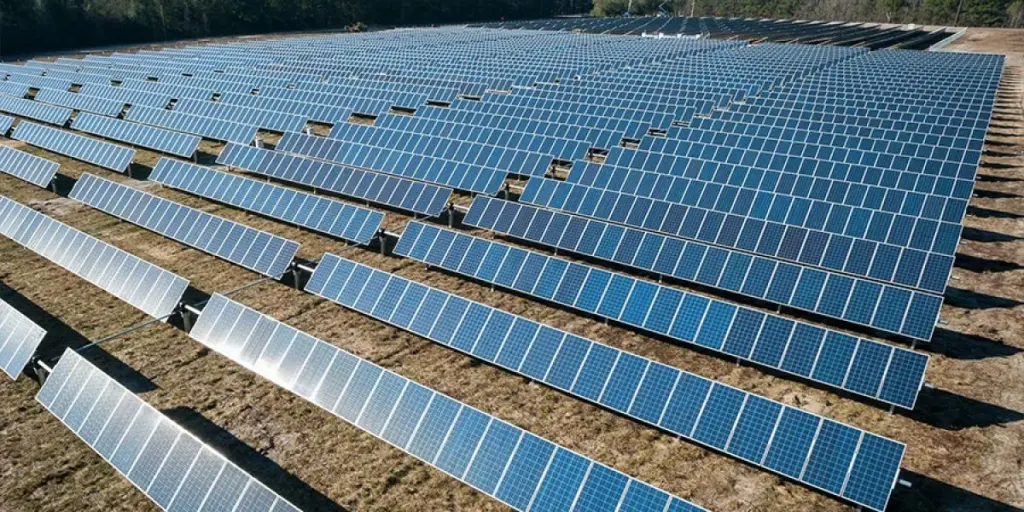Solar PV to miss 8 GW projected targeted capacity even with additional measures
Key Takeaways
- A new SEAI report claims Ireland will miss achieving its energy targets by 2030 due to large delays
- The risk is very real for various renewable energy technologies including solar PV and offshore and onshore wind
- It recommends further and stronger expansion of policy to drive faster and deeper renewable and efficiency technology penetration
Ireland is likely to miss its 2030 target for renewable energy share under the Renewable Energy Directive (RED) in all scenarios as projected by the Sustainable Energy Authority of Ireland (SEAI) in its latest National Energy Projections Report 2024.
This includes missing its 8 GW solar PV capacity target for 2030 under the 2024 Climate Action Plan (CAP24) by a maximum of up to 2.9 GW. Under the With Existing Measures (WEM) scenario, it is likely to reach around 2.2 GW by 2025, and 5.7 GW by 2030.
With additional rooftop solar capacity under the With Additional Measures (WAM) scenario, the number can go up to 2.2 GW by 2025 and to 6.5 GW by 2030. In comparison, the CAP24 target is up to 5 GW by 2025 and 8 GW by 2030. The Ireland Solar Energy Association (ISEA) had earlier pegged the country’s cumulative installed solar PV capacity at over 1.18 GW in June 2024 (see Ireland’s Solar PV Market Grew By 505 MW In 2023).
The report explores the current state and the future trends for energy use in Ireland to assess where the country stands in terms of achieving its CAP24, and European Union (EU) climate and energy targets. It finds that the country is ‘too late’ to meet its legally binding 2030 obligations at EU and national levels by 2030.
A delay in the roll-out of all types of variable renewables, e.g. onshore wind, solar PV, and particularly offshore wind, poses large risks, reads the report. For offshore wind alone, the country is likely to miss its target of 5 GW to deliver 2.7 GW under WEM and 4 GW under WAM scenarios.
Beyond these technologies, the risk of delayed achievement is real even for biomethane, electric vehicles, district heating, heat pumps, and building energy efficiency upgrades.
Some of the risks identified in the report include delay in the roll-out of all types of variable renewables, and slow uptake of low-carbon alternative technologies for many industry applications, among others.
“If even some of these risks materialise, it would result in target failure, increased greenhouse gas emissions, less renewable energy, and more energy demand. Actions to address these risks are critically important,” according to the report.
The report writers believe that the sustainable energy policy package under development is ‘neither sufficient nor delivering quickly enough’ to meet the projected trajectories.
SEAI CEO William Walsh stressed that the country needs a significant expansion of incentives, information and regulation to comply with the legally binding climate and energy obligations to 2030 and beyond.
Walsh added, “For Ireland, this calls for a further expansion and acceleration of policy development to drive faster and deeper renewable and efficiency technology penetration. Given the short time available to reach our targets by 2030, strong policies must be implemented now.”
Some of the major recommendations of the SEAI report are:
- Invest in infrastructure and services that support people to live more energy-efficient lifestyles
- Limit the establishment of new large-energy-users between now and 2030
- Disincentivize wasteful consumer behaviors
- Build a policy environment that paves the way for sustainable circular economy goods and services
- Expand focus beyond near-term targets for 2030 to the ultimate goal of a sustainable, and net-zero, circular economy
The complete report is available for free download on the SEAI website.
Source from Taiyang News
Disclaimer: The information set forth above is provided by Taiyang News independently of Chovm.com. Chovm.com makes no representation and warranties as to the quality and reliability of the seller and products. Chovm.com expressly disclaims any liability for breaches pertaining to the copyright of content.




